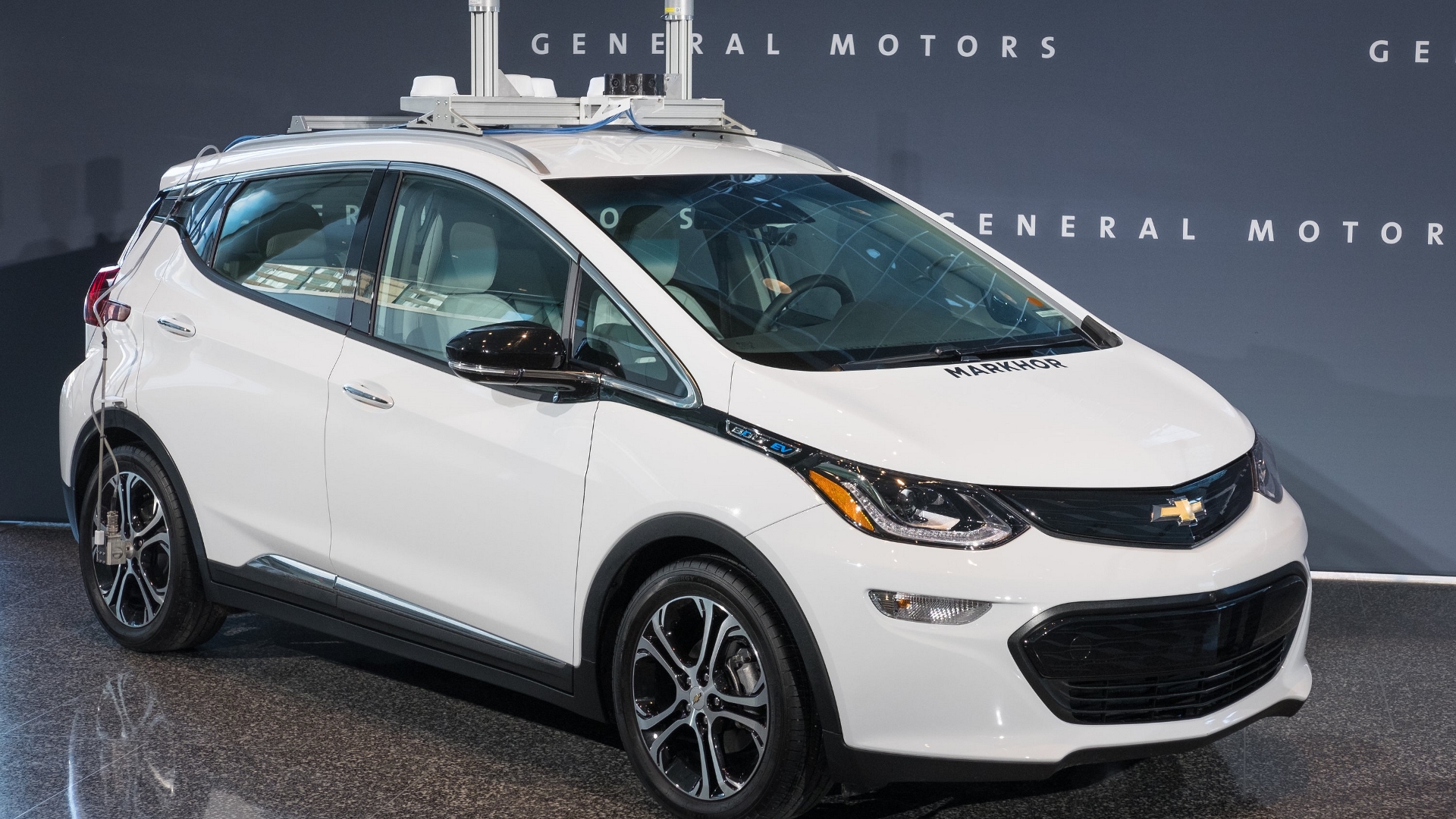

More and more cars with self-driving capabilities will be hitting the road, but the question of who is liable when one of them crashes is still up in the air. California may be moving toward a solution that automakers and tech companies will like.
The California Department of Motor Vehicles is considering new regulations that would limit the liability of the companies that make self-driving cars, according to the Associated Press. The proposed rule changes are reportedly based on a General Motors recommendation that companies should be protected from lawsuits if a vehicle that isn’t maintained to factory standards crashes.
If the California DMV goes ahead with GM’s recommendation, companies could be shielded from liability in crashes caused by self-driving cars if, for example, the tires are under-inflated, or the oil hasn’t been changed at the manufacturer-recommended interval.
Lack of maintenance does make cars less safe, but this provision is unusual because it shifts responsibility onto the vehicle owner even though he or she isn’t driving. It’s also worth noting that, in a scenario where self-driving cars are operated as part of a ride-sharing service, it may actually be fleet operators fighting with automakers over liability. The policy could even backfire if automakers decide to operate ride-sharing fleets themselves, since they would technically be vehicle owners.
Since the majority of current car crashes are caused by human error, liability is easy to figure out. But if human beings are just along for the ride, the question becomes more complicated. Companies developing self-driving cars could be open to more liability, since b default the vehicles themselves would have more to do with the cause of crashes.
Companies probably don’t want to be held responsible every time a self-driving car crashes, but it’s hard to say what the alternative will be. Every crash has a cause, and simply not holding any entity liable isn’t an option. It’s just one of the complex issues that has to be addressed before self-driving cars can be deployed en masse.